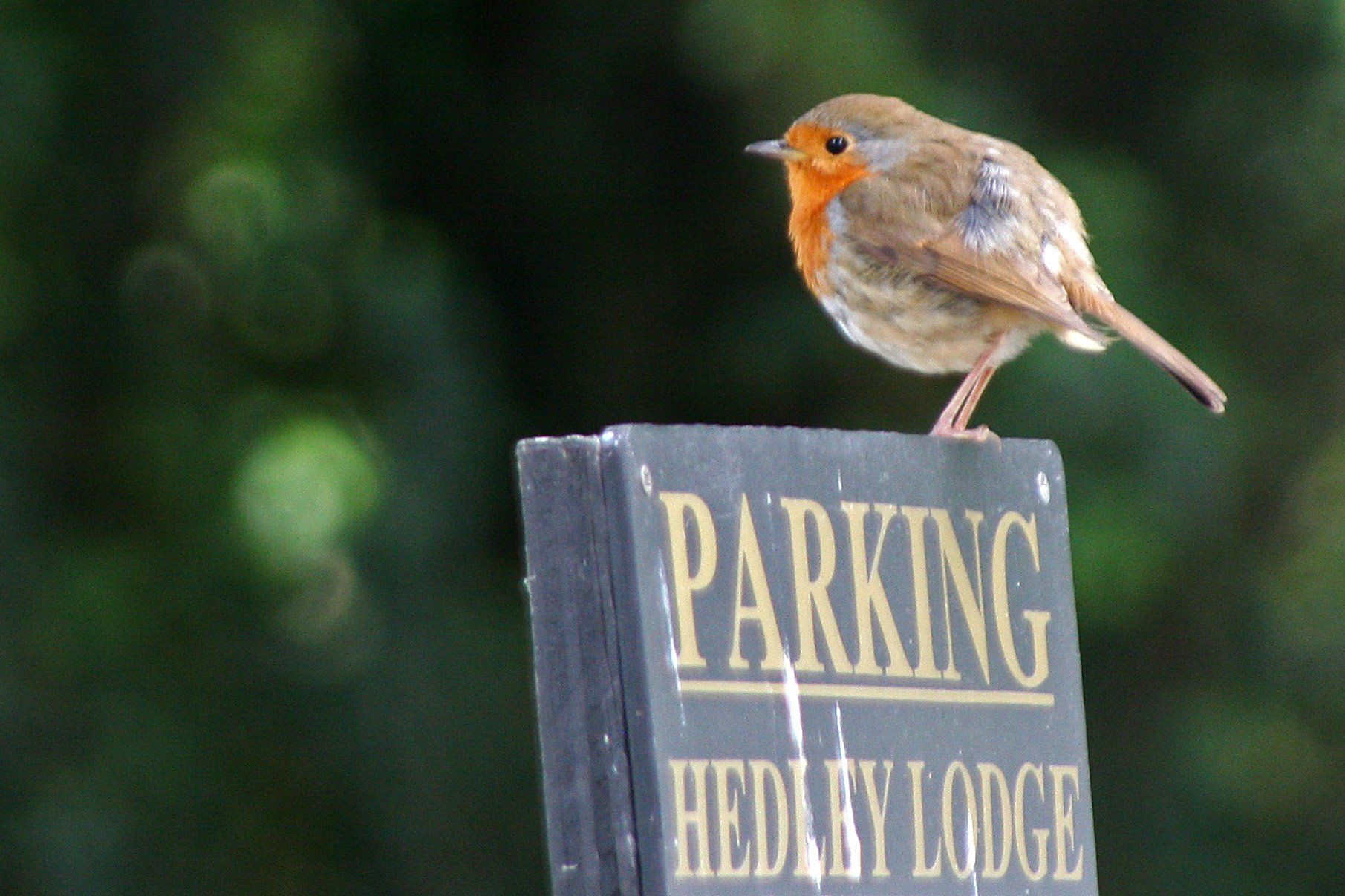Message of Abbot Paul - Thursday 13th January

Message from Fr Paul for Thursday, 13th January 2022
Yesterday we woke up to a heavy frost. At last, it felt like Winter. I know our climate has warmed up quite a lot, the result being that we get more rain and less snow, but it is good to feel the cold for a change. Even so, when I went out briefly with Toby at six o’clock (we used to go out at a quarter to), the blackbirds and robins were singing loudly, especially when they caught sight of Toby again. I wonder if he looks threatening to them: he hardly wants to invade their territory!
Our Gospel passage today takes us a stage further in Mark’s account of the beginnings of Jesus’ ministry, (Mk 1: 40-45). Yesterday Jesus proposed a teaching and healing tour of the towns and villages of Galilee. Today he heals a leper, although we are not told where. Lepers usually had to stay on the outskirts of any human settlement and were regarded as unclean and, therefore, untouchable, but Jesus breaks through this rule in order to heal him. He makes a point of touching him in order to recreate him, giving him a new life. Think of God creating Adam in that wonderful Michelangelo fresco in the Sistine Chapel. Let’s read Mark’s account: “A leper came to Jesus and pleaded on his knees: ‘If you want to’ he said ‘you can cure me.’ Feeling sorry for him, Jesus stretched out his hand and touched him. ‘Of course, I want to!’ he said. ‘Be cured!’ And the leprosy left him at once and he was cured. Jesus immediately sent him away and sternly ordered him, ‘Mind you say nothing to anyone, but go and show yourself to the priest, and make the offering for your healing prescribed by Moses as evidence of your recovery.’ The man went away, but then started talking about it freely and telling the story everywhere, so that Jesus could no longer go openly into any town, but had to stay outside in places where nobody lived. Even so, people from all around would come to him.”
It’s interesting to note that, as yet, there is no mention of forgiveness of sins, simply healing, but as the general belief was that sickness was caused by sin, then healing presupposes forgiveness. The fight with the scribes and Pharisees lies in the future. In fact, they are not mentioned either. Here the emphasis is on the faith and trust of those being healed and the power and authority of Jesus to cure. The leper (leprosy can refer to any serious disease of the skin) goes down on his knees before Jesus in order to ask for healing. He pleads “if it is your will,”
but does not demand. That’s a rather weak translation of Jesus’ reaction. Jesus has compassion on the poor man, stretches out his hand, touches and heals him, saying simply, “Be cured.”
However, Jesus does ask him to keep quiet about it and to go to the priest with the usual offering for healing ordered by the Law of Moses. After all, it was God who healed the man, but as I often quote from St Paul, “God was in Christ, reconciling the world to himself.” (2 Cor 5:19) So quickly does the news spread that Jesus can no longer go openly into any town or village.
We sometimes forget that, like that leper, it is our job to spread the news that God has forgiven us our sins in Christ. He had healed us in the most important way, assuring us, as he did the dying thief, “In truth I tell you, today you will be with me in paradise.” (Lk 23:43)









